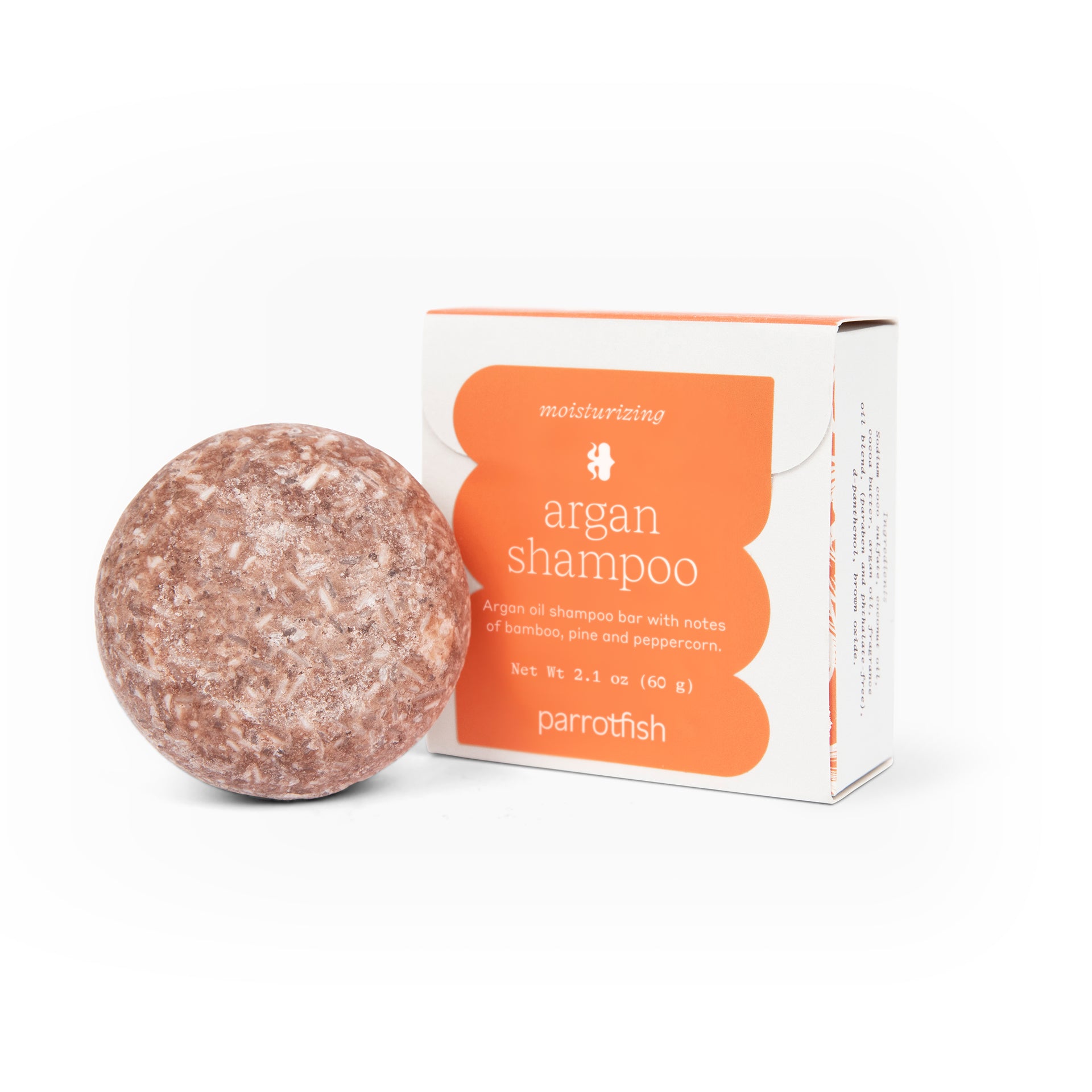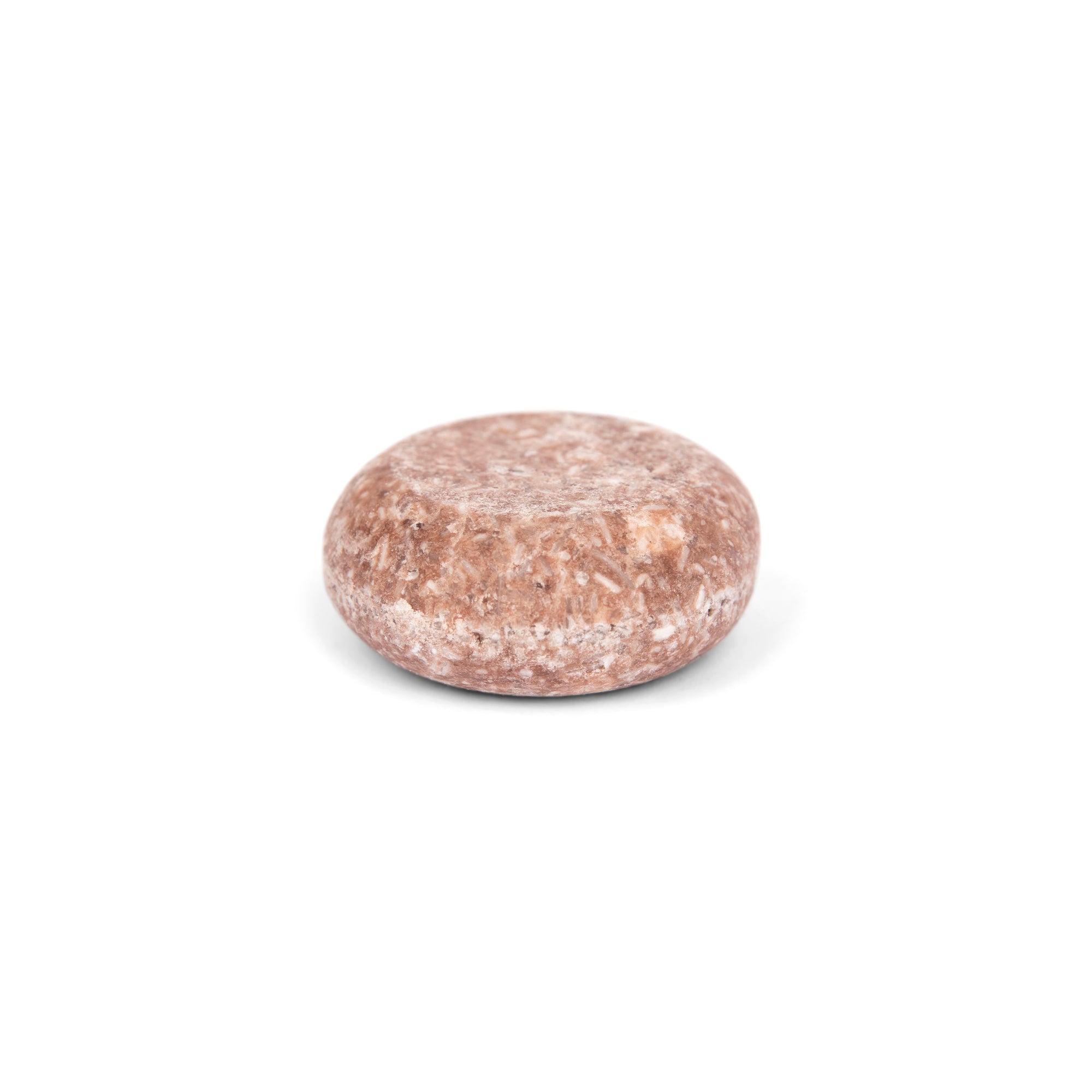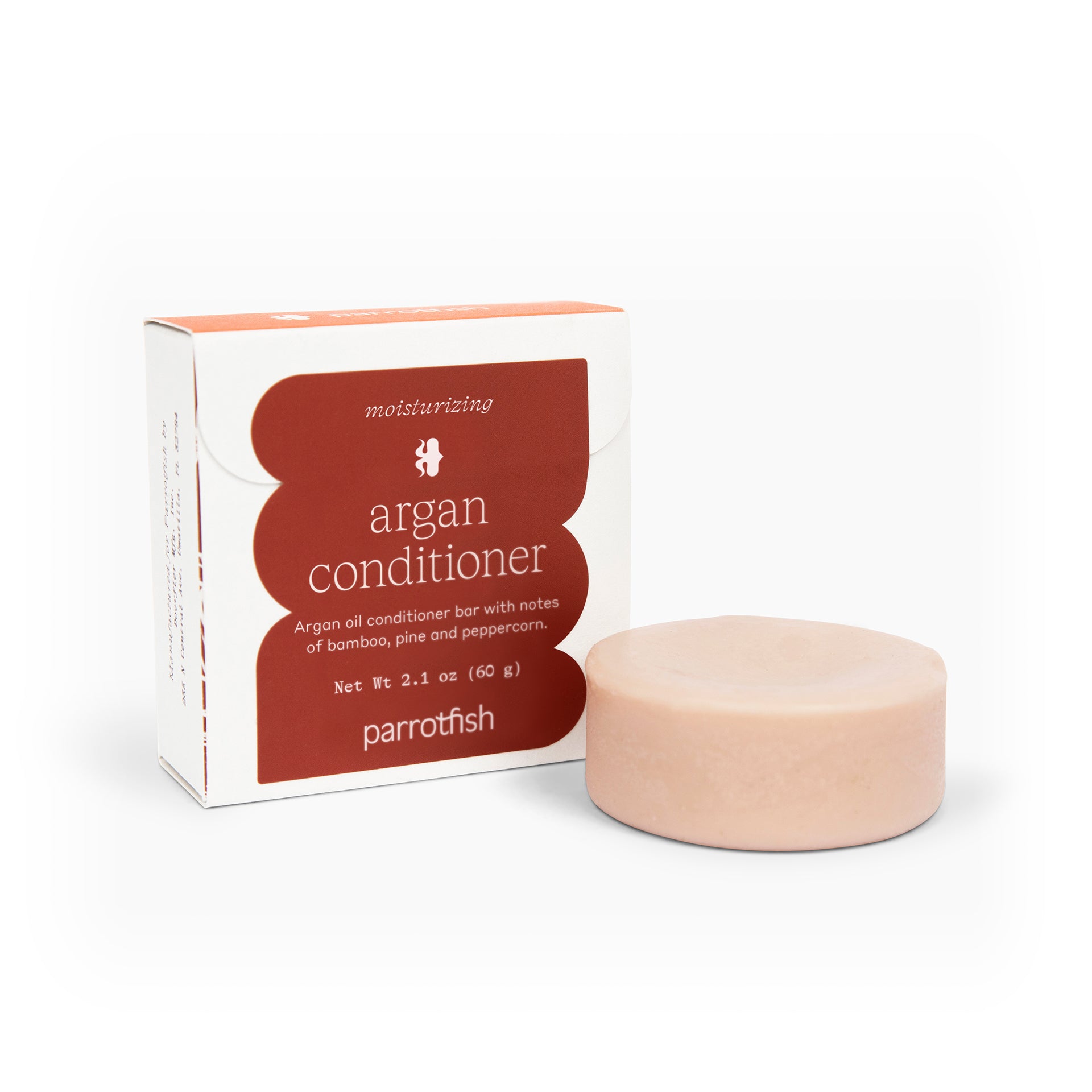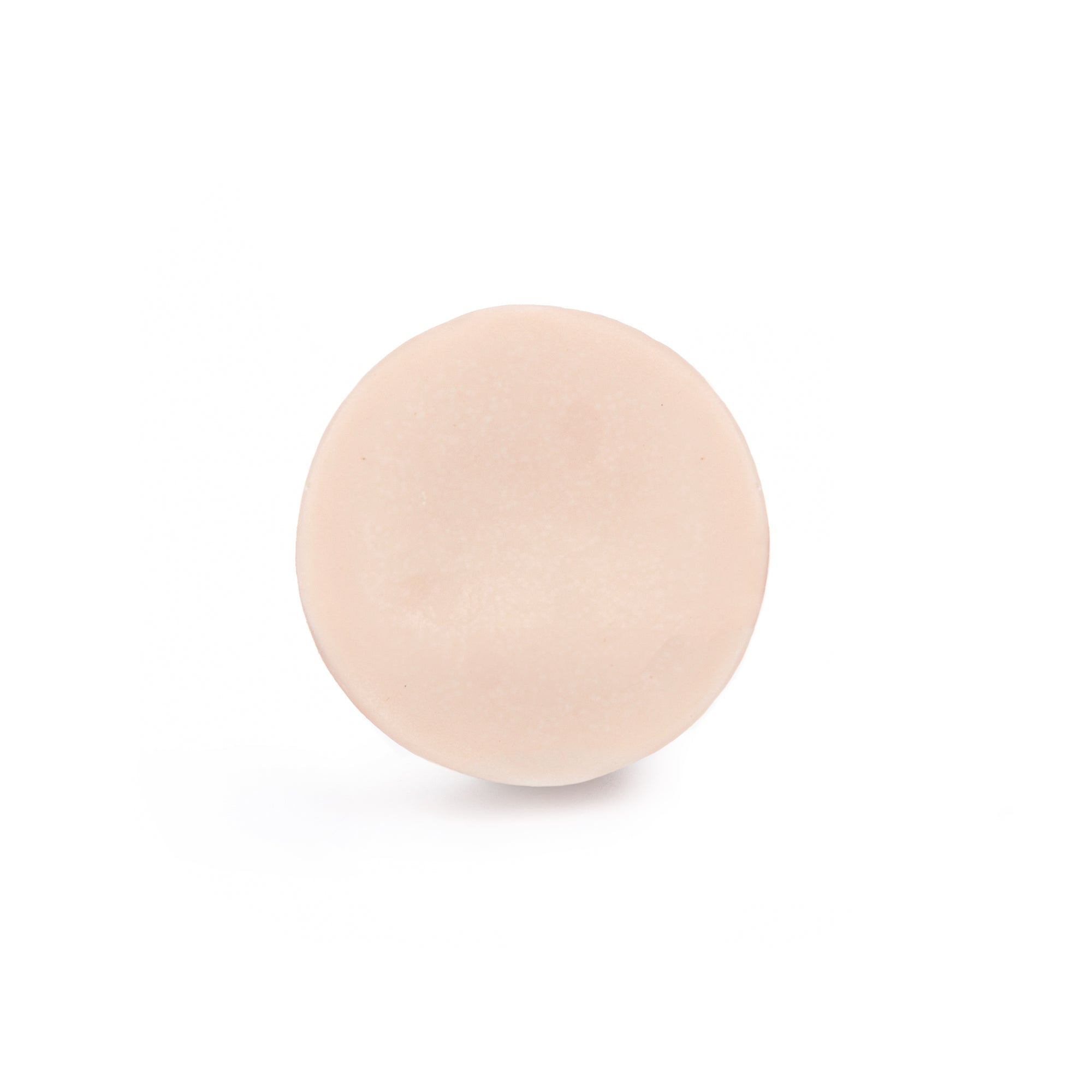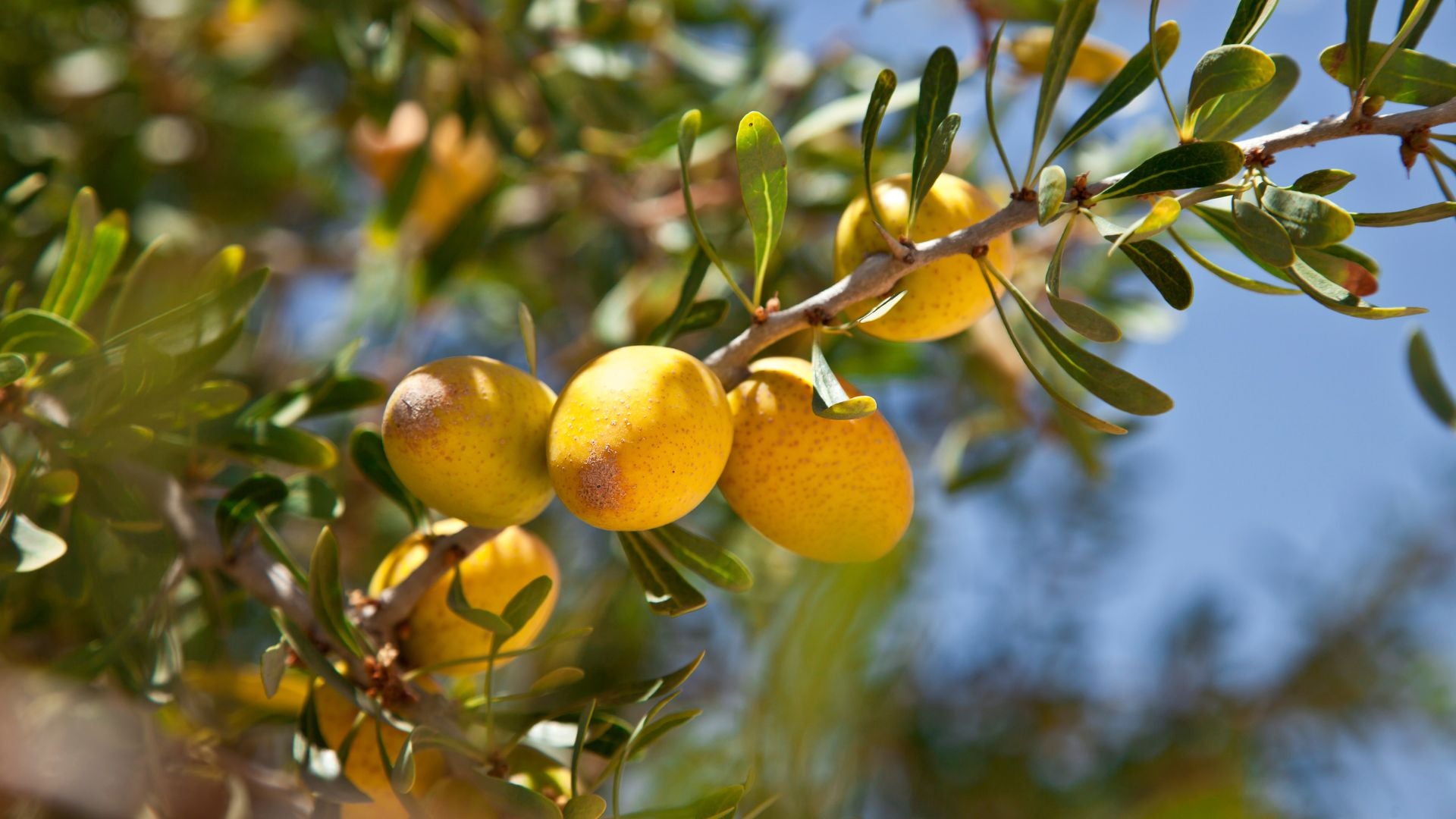

What is Argan Oil?
In natural products, argan oil stands out for its versatility and health-promoting properties. Whether enhancing the flavors of culinary creations or enriching beauty routines, argan oil has become globally renowned. Let's delve into the essence of argan oil, its origins, and its myriad of benefits.
Introduction to Argan Oil
Argan oil has been making waves in the beauty and health industry for years, and for good reason. This liquid gold, as it's often referred to, boasts a plethora of benefits that range from skincare to heart health. In this article, we will delve into the numerous advantages of incorporating argan oil into your daily routine.

What is Argan Oil?
Argan oil, often hailed as "liquid gold," is a luxurious and multifaceted oil that has captured the attention of both the culinary and cosmetic worlds due to its remarkable properties and benefits. This natural treasure originates from the argan tree (Argania spinosa), which is endemic to Morocco. The process of obtaining argan oil is both labor-intensive and traditional, ensuring its purity and unique qualities.
In the culinary realm, argan oil adds a distinctive, nutty flavor to dishes and is treasured for its nutritional benefits. In cosmetics, it is revered for its hydrating, softening, and protective effects on the skin and hair. Beyond its immediate uses, argan oil is the subject of ongoing research for its potential health benefits, including heart health support, anti-inflammatory properties, and cancer-fighting capabilities.
The History of Argan Oil
The use of argan oil dates back centuries, with Berber women of Morocco traditionally using it for its healing and cosmetic properties. It was initially used to treat skin infections, stretch marks, and to nourish the skin and hair.
What is Argan Oil Made up of?
Argan oil boasts a rich composition of oleic and linoleic acids, making it highly moisturizing. It is also packed with vitamin E, antioxidants, and sterols, which work together to protect and nourish the skin, combat free radicals, and support skin health and resilience.
Nutritional Profile of Argan Oil
Key Components
Argan oil is rich in essential nutrients and compounds, making it a powerhouse for health and beauty.
Vitamins and Minerals
Argan oil is packed with Vitamin E, an antioxidant that helps to protect the skin against free radicals and supports overall skin health. It also contains Vitamin A, which promotes cell production and growth.
Essential Fatty Acids
This oil is rich in essential fatty acids, including oleic acid and linoleic acid, which are vital for maintaining healthy skin and hair. These fatty acids also play a role in reducing inflammation and supporting heart health.
The Benefits of Argan Oil
Argan Oil Benefits for Skin
Moisturizing Properties
One of the most renowned benefits of argan oil is its ability to moisturize and hydrate the skin. Its high content of fatty acids and Vitamin E makes it an excellent natural moisturizer that can be used to soften dry patches and maintain overall skin hydration.
Anti-Aging Effects
Argan oil can help reduce the appearance of fine lines and wrinkles. Its antioxidant properties protect the skin from damage caused by environmental factors such as UV rays and pollution. Regular use of argan oil can result in a more youthful and radiant complexion.
Healing and Anti-Inflammatory Benefits
Argan oil possesses anti-inflammatory properties, which make it beneficial for treating skin conditions such as eczema and psoriasis. It can also help in healing minor wounds and reducing the appearance of scars.
Argan Oil Benefits for Hair
Strengthening Hair
Argan oil is a fantastic hair conditioner. It can help to restore the hair’s natural shine and softness while strengthening the hair shaft. This is particularly beneficial for individuals with dry or brittle hair.
Promoting Hair Growth
The nutrients in argan oil, such as Vitamin E and fatty acids, can help to promote healthy hair growth. Massaging argan oil into the scalp can improve blood circulation, which in turn encourages hair growth.
Preventing Split Ends and Frizz
Applying argan oil to the ends of your hair can prevent split ends and tame frizz. It provides a protective barrier around the hair shaft, preventing damage from styling tools and environmental factors.
Parrotfish specialise in providing argan oil shampoo and conditioner products. Just explore our range below:

Argan Oil Benefits for Nails
Strengthening and Conditioning
Argan oil can also work wonders for your nails. It strengthens and conditions the nails, making them less prone to breakage. Regular application of argan oil can result in healthier and shinier nails.
Promoting Nail Growth
The hydrating properties of argan oil extend to the cuticles and the nail bed, promoting healthy nail growth. It can help prevent dry and brittle nails, ensuring they grow strong and long.
Argan Oil Health Benefits
Cardiovascular Health
Consuming argan oil can have positive effects on your heart health. The oil’s high content of monounsaturated fatty acids, particularly oleic acid, can help to reduce bad cholesterol levels and increase good cholesterol levels, thereby reducing the risk of heart disease.
Anti-Inflammatory Properties
The anti-inflammatory properties of argan oil can help in managing chronic inflammation, which is linked to various health conditions such as arthritis and metabolic syndrome.
Antioxidant Benefits
Argan oil’s rich antioxidant profile can help to protect the body from oxidative stress, which is a leading cause of chronic diseases and aging. Including argan oil in your diet can boost your overall health and well-being.
How to Use Argan Oil
Topical Application
Argan oil can be applied directly to the skin, hair, and nails. For the skin, a few drops can be used as a daily moisturizer. For hair, it can be applied to the scalp and ends for conditioning and styling. For nails, a small amount can be massaged into the cuticles and nail bed.
Dietary Inclusion
Argan oil can also be incorporated into your diet. It has a nutty flavor and can be used in salad dressings, dips, and as a finishing oil for dishes. However, it is essential to use food-grade argan oil for this purpose.
Do you put Argan Oil on Your Face?
Absolutely, argan oil can be a luxurious addition to your facial care routine. Its hydrating and non-comedogenic nature makes it suitable for all skin types. Apply it directly or as part of a product to moisturize, soften skin, and reduce signs of aging, ensuring a radiant and healthy complexion.
Argan oil is a precious substance, derived from the kernels of the argan tree, a species indigenous to Morocco. This golden oil is produced through a meticulous process involving the harvesting, drying, and pressing of the argan fruit’s seeds. Renowned for its delectable taste and nutritional value, argan oil has earned its place both in gourmet kitchens and within the cosmetic industry.
Culinary and Cosmetic Wonder
Not only does argan oil add a unique, nutty flavor to dishes, making it a sought-after ingredient among culinary enthusiasts, but it also boasts a composition rich in beneficial nutrients. This makes it a cornerstone ingredient in various skin and hair care formulations. Beyond the kitchen and beauty cabinet, scientific research is exploring argan oil's potential health benefits, further solidifying its status as a multifunctional natural product.
A Closer Look at Argan Oil’s Potentials
Argan oil is a powerhouse of antioxidants and essential fatty acids, contributing to its various health and cosmetic benefits:
- Heart Health: The oil is celebrated for its ability to modulate cholesterol levels, thereby supporting cardiovascular health.
- Anti-Cancer Properties: Preliminary research hints at argan oil's capability to inhibit cancer cell growth, though more studies are needed to fully understand this potential.
- Skin Elasticity and Anti-Aging: Regular application of argan oil can promote skin health, reducing the visibility of aging signs through its nourishing and moisturizing properties.
- Wound Healing and Stretch Marks: The antioxidative components of argan oil may accelerate healing processes and improve skin elasticity, offering a natural remedy for scars and stretch marks.
Nutritional Profile
With every tablespoon, argan oil provides a rich blend of nutrients essential for maintaining health. It's particularly noted for its high levels of vitamin E, omega fatty acids, and antioxidants like polyphenols, contributing to its health-enhancing properties. These elements play a crucial role in protecting against oxidative stress and promoting overall well-being.
Argan Oil in Your Diet
When incorporating argan oil into your diet, it's essential to select food-grade, or culinary, argan oil to ensure safety and quality. This variant is ideal for dressings, dips, and as a finishing oil, adding a touch of luxury and healthfulness to every dish.
What are the side effects of argan oil?
Argan oil is widely recognized for its safety and natural benefits. However, some individuals might experience allergic reactions, such as skin irritation, itching, or rashes. This is particularly true for those with sensitivities to tree nuts. A patch test is advisable before widespread use to ensure compatibility with your skin.
Potential Side Effects and Precautions
Allergic Reactions
Although rare, some people may experience allergic reactions to argan oil. It is always recommended to perform a patch test before using it extensively. If you notice any irritation or allergic reactions, discontinue use immediately.
Storage and Shelf Life
To maintain its efficacy, argan oil should be stored in a cool, dark place away from direct sunlight. Proper storage can extend its shelf life of argan oil and keep its beneficial properties intact.
Can you Overuse Argan Oil?
Information on the toxicity of argan oil due to overuse is limited. However, moderation is key, and adhering to recommended usage or manufacturer's guidelines is advisable, pending approval from a healthcare advisor, to avoid potential adverse effects.

